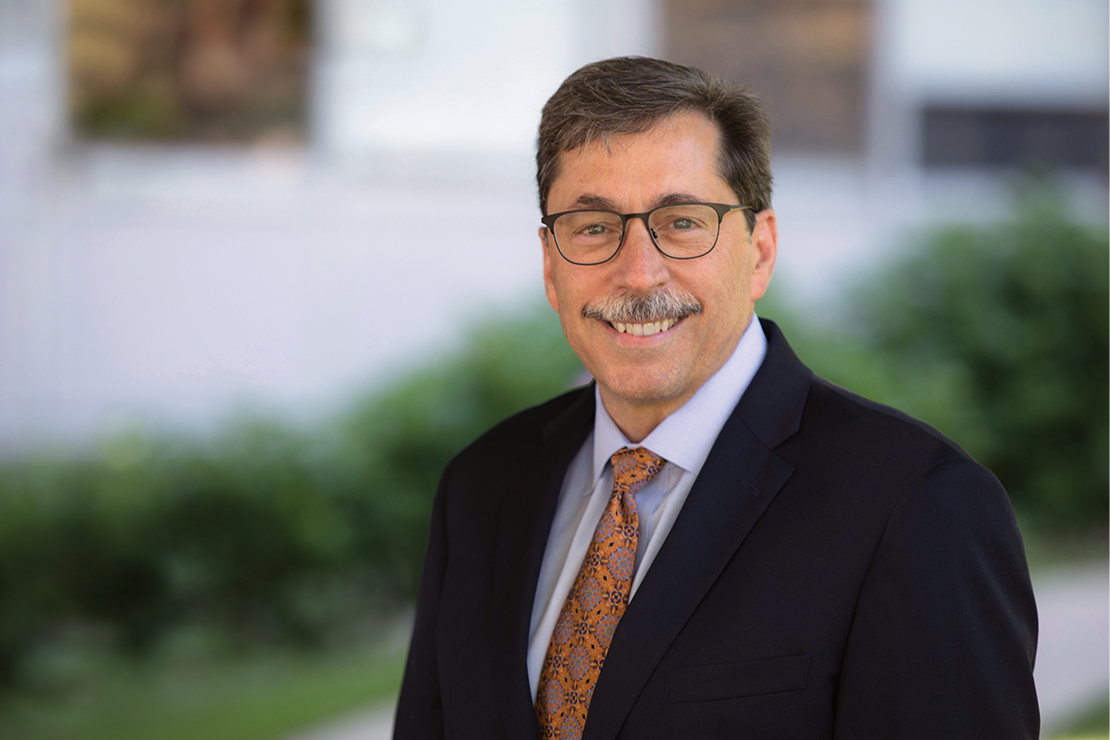 Gordon F. Tomaselli, M.D.
Gordon F. Tomaselli, M.D.
Two years ago, we’d just begun hearing about an emerging virus called SARS-CoV-2. While COVID-19 continues to pose challenges, Einstein has a lot to show for its efforts during this stressful pandemic era.
One achievement has been the transformation of our medical school curriculum. The pandemic accelerated changes already in the works—integrating basic science and clinical training across all four years, expanding coursework that examines healthcare disparities, and overhauling the structure of clerkships. As part of this effort, we have named our first assistant dean for integrated medical education, Janice Thomas John, D.O., M.S., M.P.H, who will be launching many new courses.
After much thoughtful analysis, we have also reorganized our basic-science departments. We’ve moved faculty from two departments—physiology & biophysics and anatomy and structural biology—to other departments, to unify scientific efforts previously dispersed across departments and to promote collaboration among our faculty.
Scientific collaboration is featured in our cover story on Alzheimer’s disease. The article describes the efforts by researchers at Einstein and clinicians at Montefiore to develop new treatments, learn more about the biology and genetics underlying Alzheimer’s, improve diagnosis, and reduce the distress faced by patients and their caregivers.
Physicians, researchers, and students at Einstein and Montefiore are also working together on initiatives to improve the health of lesbian, gay, bisexual, transgender, and queer people. A top priority is ensuring that Einstein medical students learn about the health needs of LGBTQ patients and become comfortable caring for them.
We should take pride in our progress over the past two years. As I have often said, we are all in this together, and our accomplishments have been remarkable.

Gordon F. Tomaselli, M.D.
The Marilyn and Stanley M. Katz Dean
Albert Einstein College of Medicine
Executive Vice President, Chief Academic Officer
Montefiore Medicine